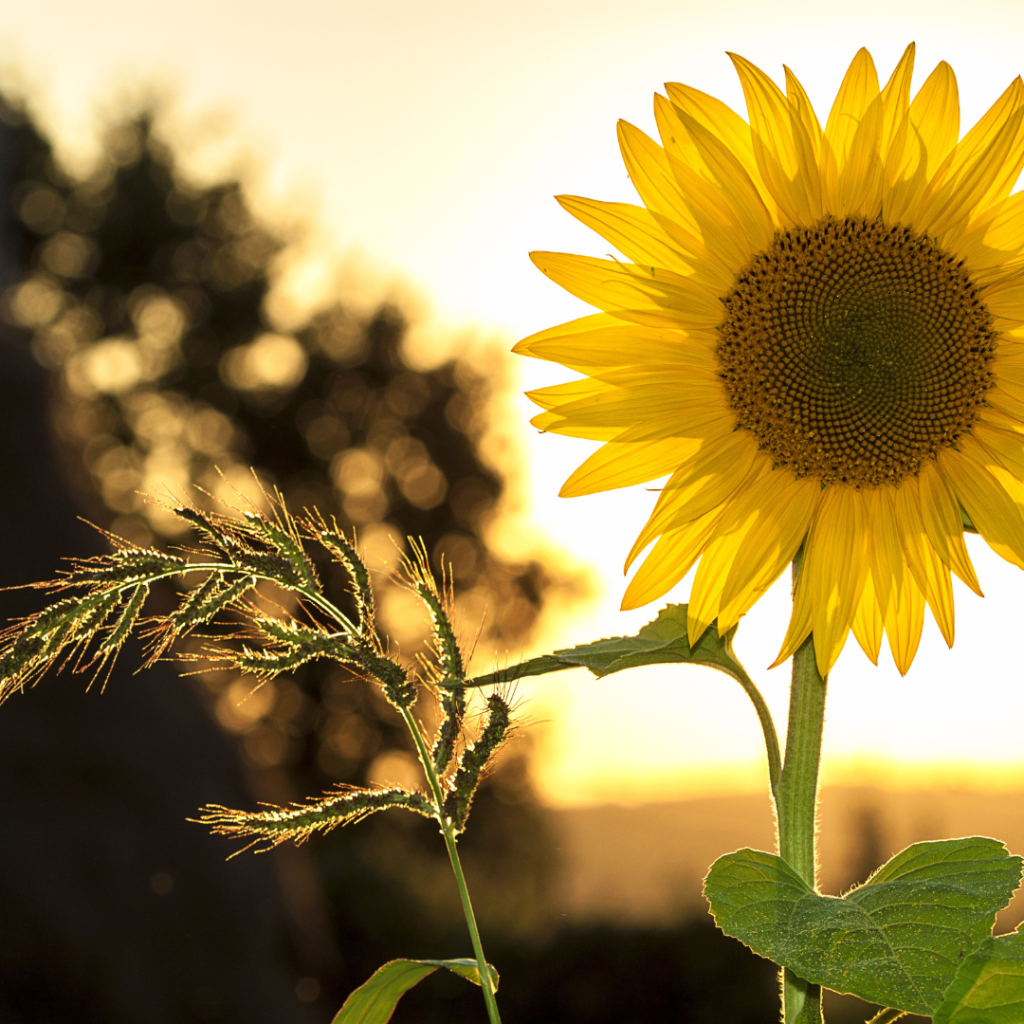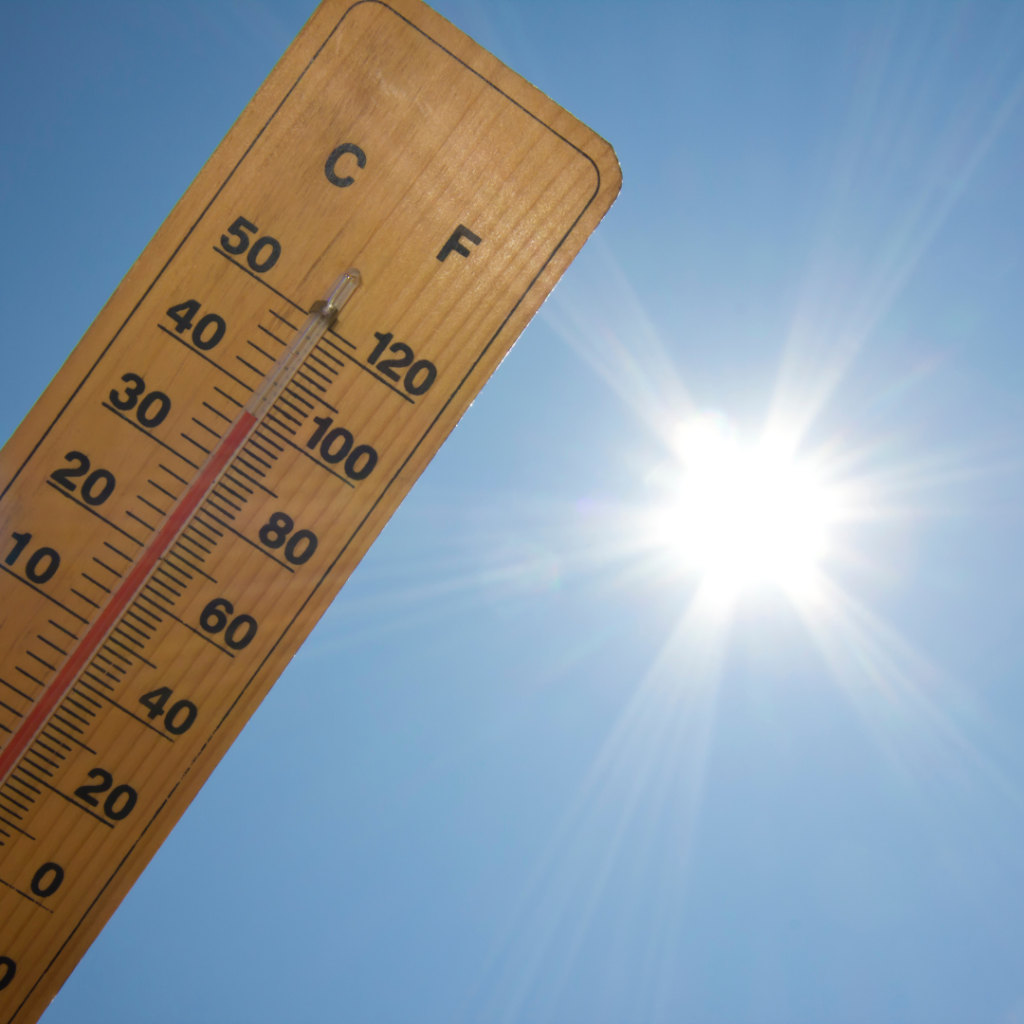
Keeping Warm or Staying Cool in a Blackout
Written by Cheri Stirling
Welcome to part four of our blackout preparedness series. We’ve talked about food, lighting and protecting our homes, and now it’s time to talk about what to do about surviving the cold or the heat, depending on the time of year, and where we live.
Winter
We talked about back in 2021, Texas experienced a two-week power outage that resulted in the loss of about 700 lives (directly and indirectly) and affected over 4 million homes, due to effects of a winter storm on the power grid. If you live in a place where winter storms are regular, you know that sometimes that can effect the power, whether trees get knocked over, someone crashes into the power pole, etc. If there were to be an outage that lasted more than a few hours during the winter, we definitely want to be prepared to keep our family safe.
Heating Your Home Without Power
There are various ways to stay warm in an outage. If you have a generator, you can run your heater on propane or gas (depending on your generator type.) Wood fireplaces and pellet stoves are another great way to keep your home warm. There are propane and kerosene heater options, but be aware of safety warnings and proper ventilation so you don’t have toxic fume build up.

Use Your Water Heater
Your water heater has 40 gallons of water in it. If you have a gas lit water heater that doesn’t require power, you can take the hot water, and fill your sinks. Drain the water and refill as the water cools. The steam can help heat the home. It will not keep it comfortable, but it can help!
Limit the Number of Rooms You Use
The more rooms you have open, the more rooms that the heat has to reach. If you are trying to conserve heat, staying in only a few rooms will help with body heat, and help you stay warm.
Dress in Layers + Have Extra Blankets
Wearing layers and bundling in blankets is also helpful to stay warm. Using things like gloves, hand/foot warmers, rice packs or hot water bottles can help as well.

Other Concerns in the Winter
One thing I hadn’t thought of, but learned when I was researching for this post was preparing your house for freezing. As the temperatures drop, your pipes can freeze. With the power on, we can turn our taps on to a slow drip, and that will prevent them from freezing. In an outage, you will want to turn off the main water valve, then open the lowest faucet (Family Handyman says it probably is your water heater) and then open your other faucets to let them drain. Then you will want to plug those drains to avoid sewage smells. (Because let’s not make a bad situation worse!)
Another thing to help keep your home warm (and help keep your heating and cooling bills down year round!) is making sure your insulation is up to date and your windows are properly caulked. Having good window coverings can also work as insulation from the cold around windows. Creating a crocheted “snake” that can sit in front of your door can help hold the heat inside. (My grandmother has had one of these in front of her doors as long as I can remember. She crocheted a long sock like snake, and stuffed it with pillow stuffing to prevent drafting.)

Summer
Open the Windows at Night
Air conditioning hasn’t always been around, but you know what has been? Hot days in the summer. I grew up in a home where we didn’t have any air conditioning. Idaho usually only gets up to the 100 degree mark for a few weeks each year, so we used a strict routine to keep the house cool.
Every night around 7 or 8 every window (earlier in June when the heat calmed sooner) and most doors were opened. We opened up the whole house to let the breeze in as the air cooled in the evening. Then around they locked up the doors and went to bed with fans running overnight. In my college apartment, we didn’t have fans, so we just left the windows open when we repeated this pattern. Then between 5 and 6 in the morning, we would shut everything up. We only opened the doors outside when we were going out, and then had the curtains drawn to keep the heat out. If it rained during the day, we would reopen as much as we could (without letting the water in) to help cool down the house even more. I still repeat this pattern with out home as long as we can before we install our window A/C units to save on our power bill. My grandma would also aluminum foil the big western and southern windows to prevent heat from coming in.
Now this isn’t a perfect system, especially if you live in an area that gets a lot hotter, or doesn’t cool off very much at night.
Look Around in the Community
Many businesses and public facilities have generators, so they will still have access to A/C. See if your community has a public place to keep cool.

Dampen your Curtains
This one was new for me! Cool air travels better through wet cloths, so if you dampen your curtains, it can help keep the hot air out. It also drips, so make sure to mop regularly or protect your floors. You can also use a blanket or towel with clips or pins.
Battery Swamp Cooler
Many stores such as Walmart or Amazon have battery operated swamp coolers or mini A/C units that are portable for camping that you could use to keep a room cool.
Build a DIY Powerless Air Conditioner
One of the blessings of the internet is that many people who have had these questions before have created videos or shared information about how they solved these problems. Here are some options to build your own solar or swamp coolers!
- Solar Air Conditioner
- Swamp Cooler: If you have a large battery operated fan, stick it behind a bucket of cold ice water to cool a room quickly.
- $8 Dollar Air Conditioner
Cook Outdoors
If you have a blackout in the summer, try to prepare your food outside. Using grills or dutch ovens offer delicious meal options, without having to heat your home.
Close Off Hot Rooms
There are some rooms that are naturally warmer than others, because they face the sun. Closing these off, just like we did with the winter tips, helps keep the cool rooms cooler. Basements tend to be naturally cooler than the rest of the house, so that is a great place to have your living space when it’s not possible to cool your home like you normally would. Avoid going into the warmer rooms, so gather everything you need at once if you can. To help even more, you can use thick blankets over the doors to insulate the heat even more. If you have a vent in your attic, you can also open that to release heat that has build up!

Staying Hydrated + Cool
Staying hydrated when it’s hot is especially important. This will help your body cool itself better, and help prevent heat stroke or heat exhaustion. Using cooling rags around your neck will also help regulate your temperature. If you live near lakes, or streams, swimming or playing near the water will also help! If you have local grocery stores or restaurants that sell ice, you could use that to fill a cooler to cool drinks and cloths as well.
Avoid doing hard labor such as yard work during the day. Try to do most of your physical activities in the early morning or evening so you don’t overheat.
That wraps up our four-part power outage series! I hope that this has helped you prepare or help you create a plan to keep your safe and healthy during a blackout!
Check back next week for our next series!
XO, Cheri
Resources
- 10 Tips to Survive a Blackout, Family Handyman, November 3, 2021
- 15 Alternative Heat Sources for Power Outages, Cielo, February 2022
- Ways to Cool Your House in a Blackout, American Gun Association
- DIY Keeping Cool During a Power Outage, A+ Air Conditioning
- $8 Air Conditioner

Love What You're Reading?
Tune into this episode wherever you listen to podcasts. Want to get started?

Shatter Your Trinagles
Sometimes we think we have an understanding of the Gospel, but when we take another look at what the scriptures, our paradigms can completely shift! Our Shattering Triangles team aims to help you deepen your testimony and doctrinal understanding to some of the more prominent questions found among members.

Up Your Preparedness Game
Our Honey + Lilies Blog is dedicated to helping you prepare for the days ahead. Want to get started? Click here.
